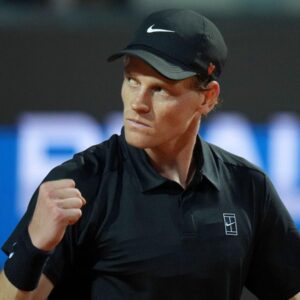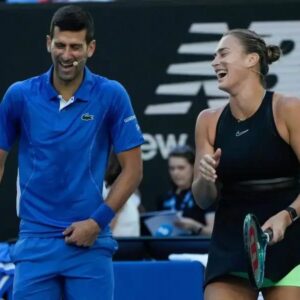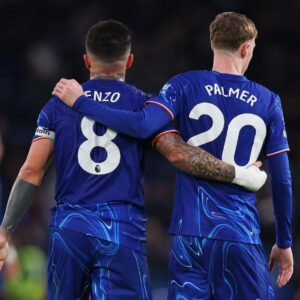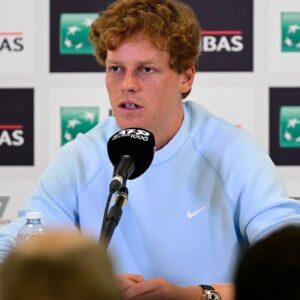Simone Inzaghi has sparked discussion with a surprising and very direct statement regarding Inter’s performance in the recent Champions League match against Paris Saint-Germain. After the defeat that left the Nerazzurri environment in shock, the coach clearly indicated the two players who, in his opinion, played worse than anyone else, provoking unexpected reactions both within the team and among the fans.
The match against PSG was a complicated challenge, with a final result that disappointed expectati ons. Inzaghi, known for his sincerity and his pragmatic approach, decided not to hide his criticism, choosing to point the finger at two players who had a particularly bad day on the pitch. His choice took many by surprise, also because the two players in question were considered important starters in the team’s technical project.
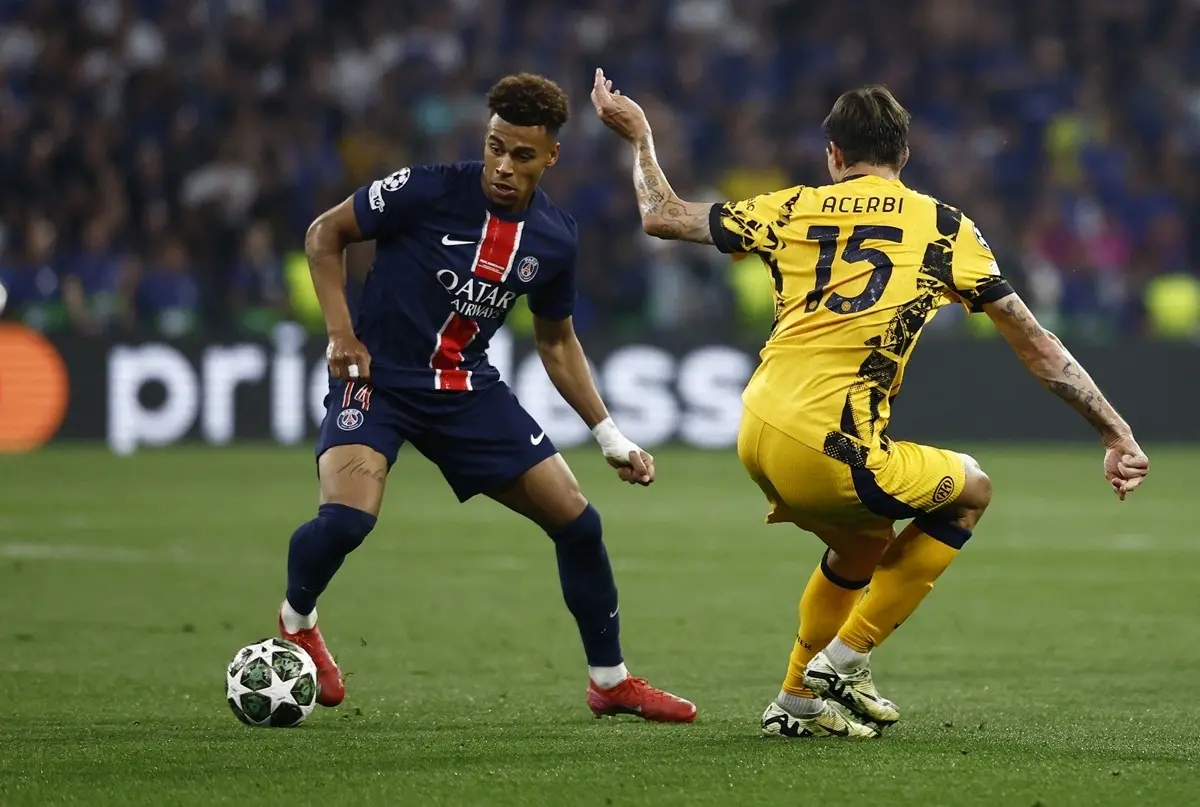
The coach publicly commented on their performances, highlighting crucial errors and a lack of concentration that contributed to compromising the entire tactical structure of the team. His analysis, although harsh, was met with a mixed reaction: on the one hand, there were those who appreciated Inzaghi’s transparency and willingness to take responsibility and name names to encourage the group to improve; on the other hand, the criticism sparked internal discontent and a climate of tension in the locker room.
Sources close to Inter report that the reaction of the players mentioned was one of deep disappointment. At times, a sort of embarrassment was noted among teammates, with some preferring not to comment openly on the situation to avoid fueling further controversy. The team, united by the need to redeem themselves after a poor performance, found itself faced with a moment of emotional division that further complicated the management of the group.
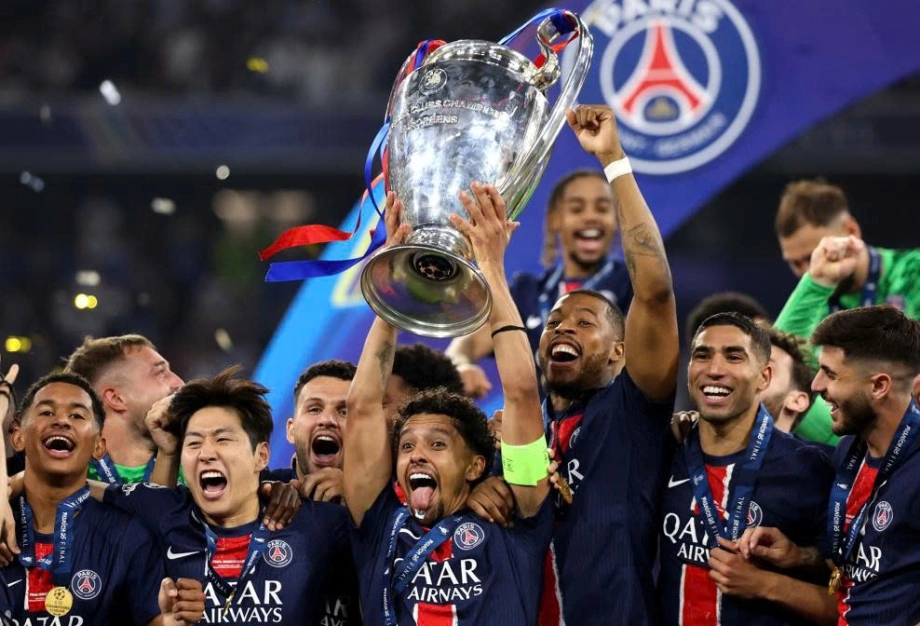
Fans had mixed reactions: many supported Inzaghi, stressing that in a difficult moment, clarity and honesty are needed to make everyone understand that no one is above criticism. Others, however, judged it excessive to point the finger at individual players publicly, fearing that it could undermine the cohesion of the team and the mutual trust necessary to face future challenges.
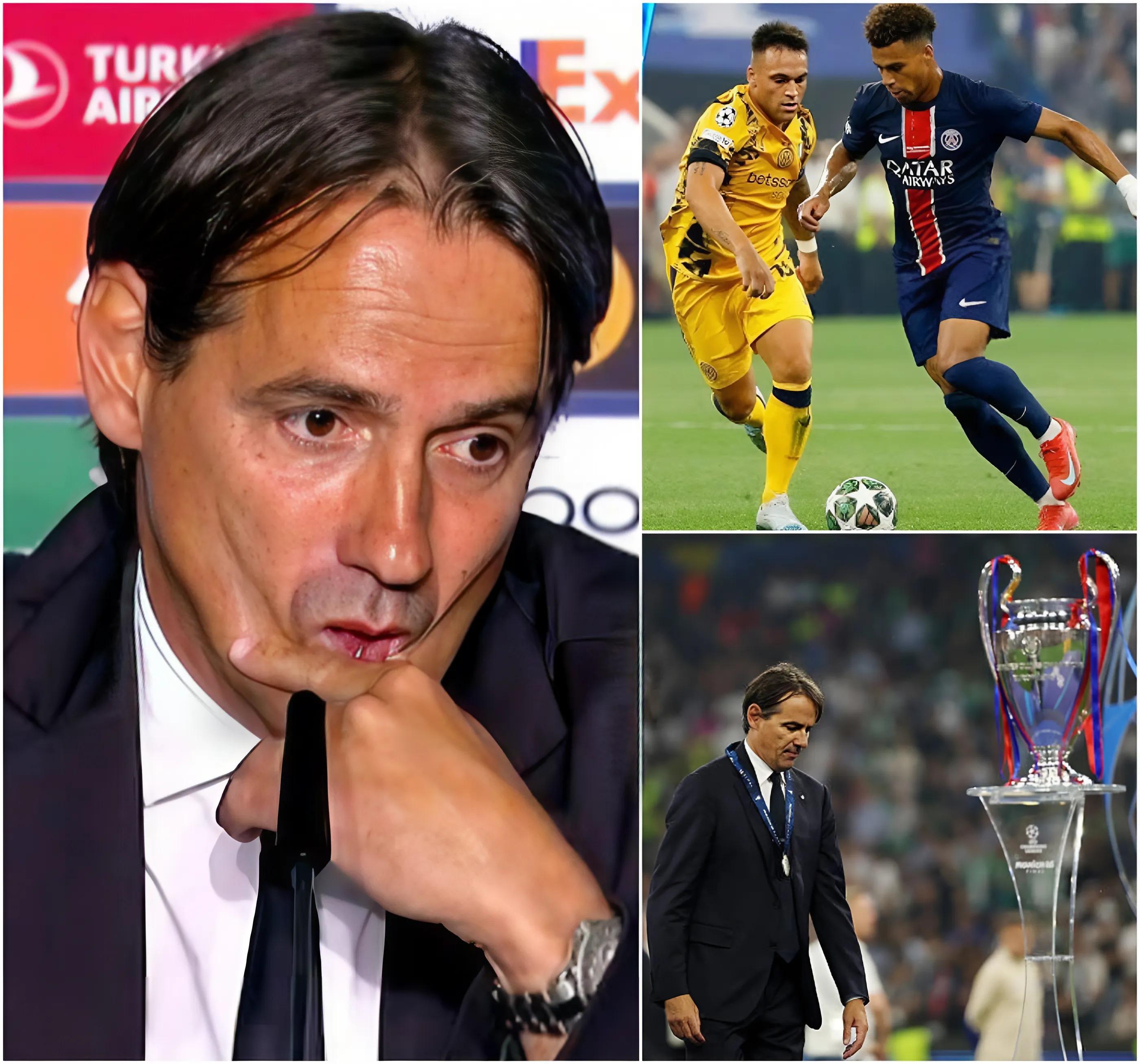
The case has also reignited the debate on the role of the coach in managing criticism and human relationships within a professional team. While some coaches prefer to maintain a more protective attitude towards their players, avoiding exposing them to public criticism, Inzaghi has chosen a more direct path, which can be both effective and risky.
Tactically, the match showed how Inter had difficulty maintaining defensive solidity and offensive fluidity, problems partly attributed to the two players under accusation. The coach highlighted how certain lapses in attention and poor precision weighed more than other variables, suggesting that a change in approach may be necessary to avoid similar errors in the future.
In the meantime, the club and the technical staff are working to reunite the group and prepare for the next matches in the best possible way. The challenge will be to transform Inzaghi’s criticisms into a positive stimulus, avoiding that internal tensions can translate into further drops in performance.
Simone Inzaghi, aware of the current difficulties, reiterated his support for the team as a whole, inviting everyone to work as a team and look forward with determination. He acknowledged that each player has the responsibility to improve and that the season is still long, implying that those who fail to keep up the pace will have to deal with the competitive reality of the club.
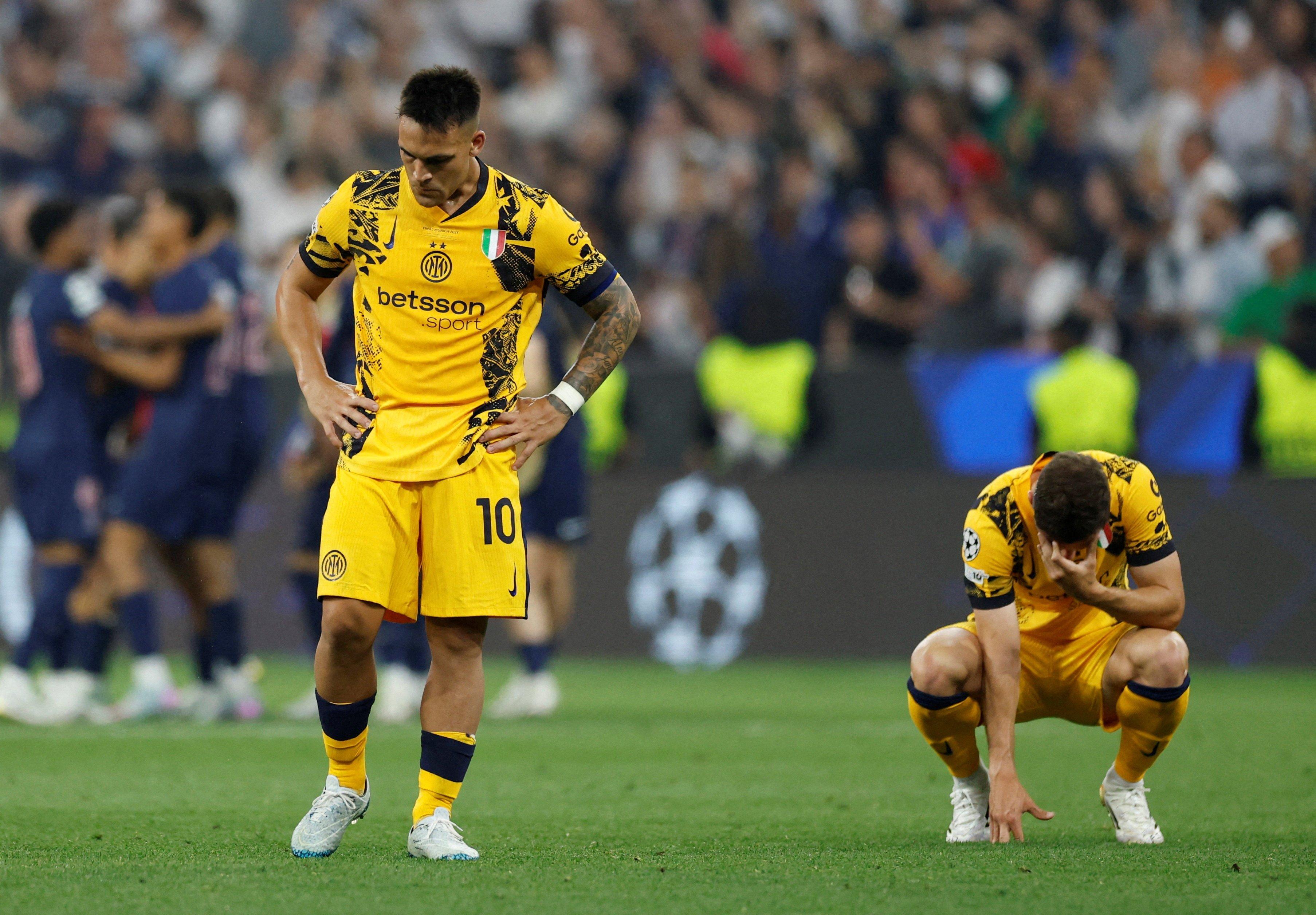
This story has highlighted how modern football is a complex mix of technical performance, psychological management and public communication. Simone Inzaghi’s words have certainly sparked a heated debate, but they could also represent the first step towards a new awareness that can lead Inter to rise again with strength in the upcoming European and national challenges.
In conclusion, Inzaghi’s choice to publicly name the two players deemed responsible for the negative performance against PSG has divided opinions but has also highlighted the determination of a coach who is not afraid to face difficulties head on. It now remains to be seen how the team will react to this internal challenge and what the next steps will be to return to competing at the highest levels.

